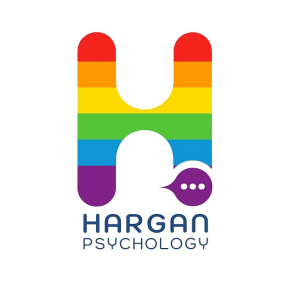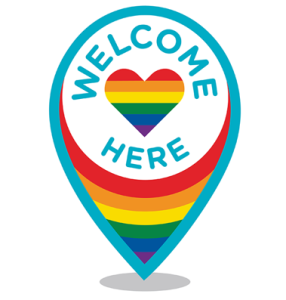LGBTQIA+ Mental Health in Australia
In 2022, approximately 738,800 of Australians (3.6%) aged 16 years and over, reported a sexual orientation other than heterosexual (i.e., gay, lesbian, bisexual, asexual, pansexual or queer), and approximately 178,900 of Australians (0.9%) aged 16 years and over, reported a gender different to their sex recorded at birth (transgender and gender diverse).
LGBTQIA+ Mental Health – Understanding the Statistic
Interestingly, individuals aged 20-24 were the most likely to report a sexual orientation other than heterosexual, at about one in ten (10%). This rate decreases with age to approximately 0.6% of people aged 75 years and over.
The differences in rates across age brackets are likely a result of stigma, isolation, and the criminalisation of homosexuality in parts of Australia up until 1997; these factors can have an impact on how private and discreet individuals are about their sexuality.
In addition to this, the Royal Commission into Aged Care Quality and Safety reported that older LGBTQIA+ individuals receiving aged care are at an increased risk of abuse, isolation, and discrimination, which has resulted in a trend of returning to live in ‘the closet’ once entering aged care, further limiting their access to appropriate and LGBTQIA+ affirming healthcare services.
With the amendment of the Sex Discrimination Act to include protections against discrimination based on sexual orientation, gender identity, and intersex status, and the growing acceptance of sexuality and gender diversity within the community (for example, in the overwhelming support of same-sex marriage in the 2017 national postal survey), individuals are feeling more comfortable in expressing these parts of their identity.
Despite the growing acceptance of sexuality and gender diversity in Australia, individuals within the LGBTQIA+ community are almost twice as likely to experience mental health problems when compared to their heterosexual counterparts. These differences are often linked to experiences of stigma, discrimination, and abuse from persistent homophobia.
Given the impact and prevalence of mental health conditions within the LGBTQIA+ community, it is important to ensure that we, as mental health professionals, are educated about the barriers that the LGBTQIA+ community faces throughout life and when accessing suitable healthcare. In doing so, we can ensure that we provide mental health support for LGBTQIA+, affirming care, and increasing engagement in healthcare services and minimising poor mental health outcomes across all age groups.
Our Approach to LGBTQIA+ Mental Health Support
At Hargan, we work with people to understand and navigate the complex relationship between their thoughts, feelings, and experiences. This might involve helping someone process difficult emotions, develop healthy coping strategies, or work through the impact of discrimination and/or rejection on their sense of self.
We create a safe, non-judgmental space where individuals can explore their identity, relationships, and LGBTQIA+ mental health concerns without fear of misunderstanding or bias.
Our role is to listen, validate experiences, and collaborate with clients to build their B.E.S.T self and their wellbeing. For LGBTQIA+ individuals, this often means addressing the unique challenges that come with living in a world that doesn’t always affirm who they are, while also nurturing a sense of pride and belonging and finding their place within supportive communities.
For more information or support, please contact Hargan Psychology. We are a proudly LGBTQIA+ affirming practice, committed to providing inclusive, respectful, and compassionate care for all individuals.


